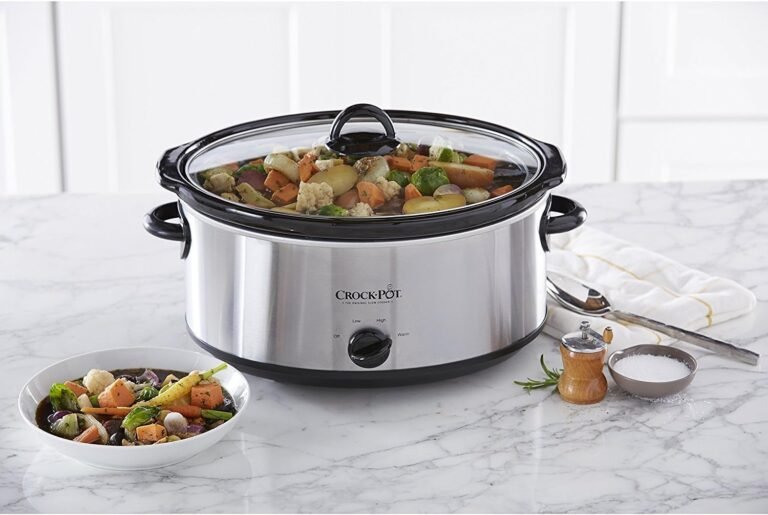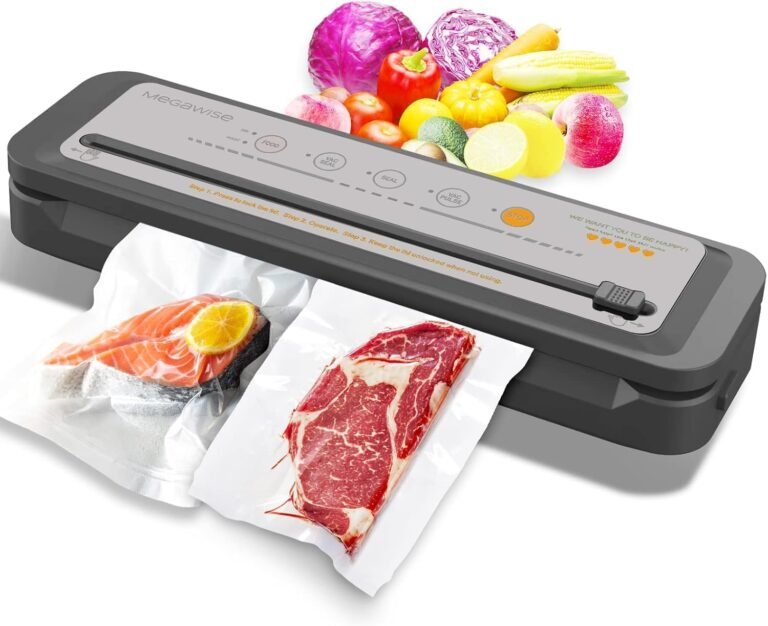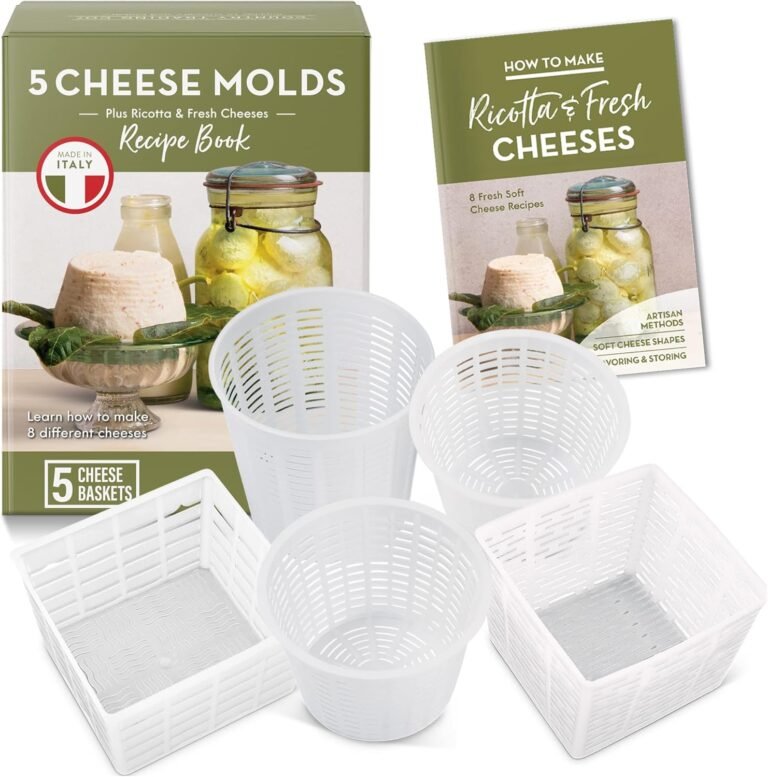How to Plan Your Weekly Meals Without Stress

Understanding the Importance of Meal Planning
Meal planning is a strategic approach to organizing meals for a specified time frame, typically a week. This concept has gained traction as a crucial practice for individuals and families aiming to maintain a healthy lifestyle while juggling various obligations. One of the most significant benefits of meal planning is its role in enhancing nutritional intake. By pre-selecting meals, individuals can ensure a well-balanced diet rich in fruits, vegetables, whole grains, and lean proteins. This proactive approach can help mitigate impulsive eating, often characterized by unhealthy food choices.
Additionally, meal planning directly contributes to reducing food waste. By evaluating the ingredients needed for planned meals, individuals can make more informed grocery purchases, ensuring that items are utilized before they spoil. This not only helps in curbing waste but also promotes sustainability by reducing the environmental impact associated with discarded food. Furthermore, effective meal planning allows for strategic use of leftovers, transforming them into new dishes, which boosts both creativity in the kitchen and resourcefulness.
Another vital aspect of meal planning is its financial implications. By preparing a grocery list based on planned meals, consumers can avoid impulse buys and take advantage of sales on items they genuinely need. This approach often results in significant savings over time, allowing families to allocate their budgets more efficiently. Participating in meal planning can also transform the cooking experience from a stressful ordeal into a more enjoyable and purposeful task, allowing for quality time spent with family while preparing meals together.
To support the meal planning journey, various tools and resources are available. Meal planning templates, available online, or dedicated apps can streamline the process, making it easier to organize and track meals effectively. Utilizing these resources fosters a sense of control and understanding in managing one’s eating habits.
You may also be interested in: Easy Techniques to Save Time in the Kitchen.

Creating a Meal Plan That Works for You
Developing a personalized meal plan is essential for efficient meal preparation that aligns with your dietary preferences, busy schedule, and family needs. To start, consider the type of meals that best suit your family’s tastes and any dietary restrictions that may exist. Incorporating a variety of proteins, grains, and vegetables ensures balanced nutrition and keeps meals exciting. Each week, allocate time to evaluate favorite meals and explore new recipes that keep everyone engaged.
The scheduling aspect of meal planning is equally crucial. Take into account your weekly commitments, including work, school, and extracurricular activities, to identify which days allow for cooking from scratch and when you may need quick, accessible meals. Creating a plan for breakfast, lunch, and dinner – as well as snacks – helps streamline grocery shopping and reduces the likelihood of last-minute decisions that might veer off the health-minded path.
Cooking in bulk is a pragmatic approach to meal planning. Preparing larger portions of selected recipes can save time during the week. Consider utilizing weekends to batch cook staples like grains, proteins, or soups, which can be reheated or combined with fresh ingredients for quick, healthy meals later. Utilizing leftovers creatively is also an effective strategy; for instance, roasted vegetables from dinner can become a filling for wraps or frittatas the next day.
To enhance your meal planning efficiency, invest in tools such as food storage containers that promote freshness and organization. Additionally, leveraging shopping list apps can help streamline grocery trips, ensuring that you acquire everything necessary for the planned meals. Each of these strategies not only simplifies your week but also fosters a smoother cooking experience.
You may also be interested in: Easy Techniques to Save Time in the Kitchen.

Shopping Smart: Making the Most of Your Grocery List
Effective grocery shopping is a foundational aspect of successful weekly meal planning. The key to achieving this is to create a well-structured shopping list that aligns with your meal plan. Begin by reviewing your planned meals for the week and identifying all required ingredients. Categorizing items by sections of the grocery store—such as produce, dairy, and grains—can streamline the shopping process, allowing for a more efficient trip. This method not only saves time but also reduces impulse buying, which can lead to unnecessary expenses and food waste.
Exploring seasonal produce is another essential strategy for shopping smart. Seasonal fruits and vegetables are typically fresher, tastier, and more affordable. They are often grown locally, which supports local farmers and reduces your carbon footprint. By incorporating seasonal ingredients into your meal plan, you can not only enhance the nutritional value of your meals but also create diverse menus that excite the palate.
Before heading to the store, it is prudent to shop your pantry first. Assessing your existing inventory helps minimize waste by utilizing ingredients you already have. Checking for expired or nearly expired items enables you to prioritize their use in your meal planning. This practice reduces the likelihood of duplication and helps you make more informed purchases at the grocery store.
In addition to traditional shopping lists, consider leveraging smart gadgets for even greater efficiency. Digital grocery list apps can help organize your list in real-time, allowing for easy updates and sharing with family members. Furthermore, using eco-friendly shopping bags not only promotes sustainability but also helps organize your groceries once you arrive at home. By adopting these practices, you can maximize your grocery shopping experience while supporting your overall meal-planning goals.
You may also be interested in: Easy Techniques to Save Time in the Kitchen.

Cooking and Prepping: Turning Plans into Reality
Efficient cooking and meal preparation are the cornerstones of a successful weekly meal planning strategy. By implementing organized cooking methods, individuals can streamline their kitchen activities and reduce daily stress, leading to healthier eating habits. One effective approach is batch cooking, which involves preparing large quantities of food at once. This method not only saves time but also allows for greater variety throughout the week, as several portioned meals can be stored for future consumption. By organizing your schedule to include a designated cooking day, you can maximize your efficiency and ensure that meals are readily available on busy weekdays.
Freezing meals is another strategic technique that complements batch cooking. After preparing ample portions, consider freezing individual servings in airtight containers. This technique preserves freshness and allows you to pull out a balanced meal on days when cooking feels overwhelming. Labeling each container with the preparation date and content can further simplify mealtime decisions. Additionally, remind yourself that certain foods freeze better than others; for example, soups, stews, and whole grain dishes typically maintain texture and flavor well after thawing.
Utilizing quick recipes is key for ensuring that you are not spending excessive time in the kitchen on hectic nights. Opt for meals that incorporate fewer ingredients and can be prepared in under 30 minutes. Consider adopting one-pot recipes or stir-fries that require minimal cleanup and prep time. Equally important is having the right kitchen tools on hand. Investing in a slow cooker allows for hands-off meal preparation, while meal prep containers facilitate organized storage. Kitchen scales can help achieve accurate portion sizes, contributing to a balanced diet. By focusing on practicality and efficiency, you can successfully turn your meal planning ideas into delicious realities, making your culinary journey enjoyable and stress-free.
You may also be interested in: Easy Techniques to Save Time in the Kitchen.








